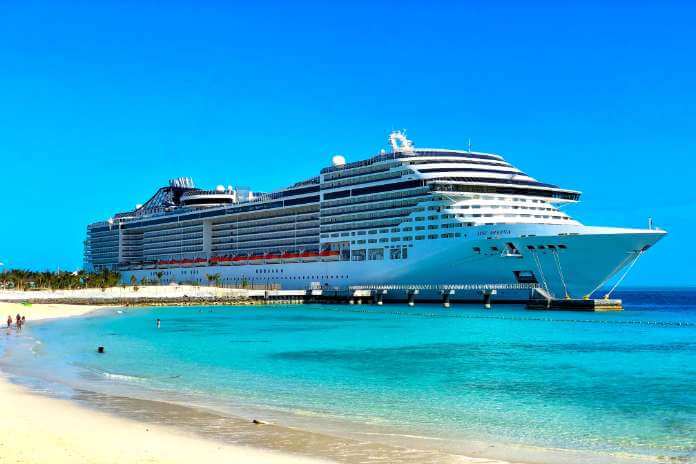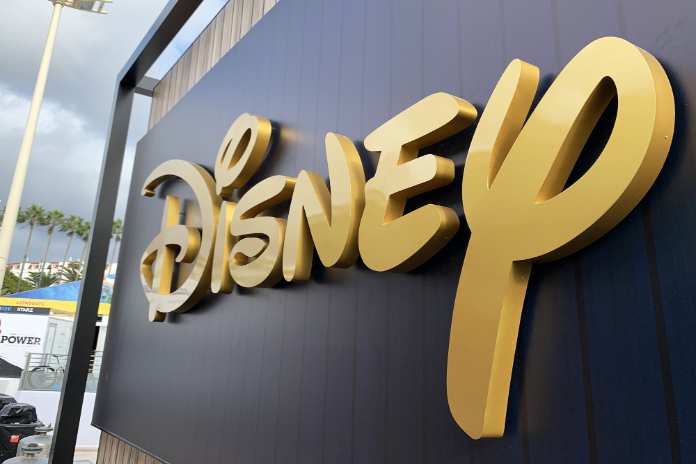Carnival (NYSE:CCL)
Despite signs that the cruise sector was finally beginning to rebound, Carnival stock plunged sharply in September, falling by 25.7%, according to S&P Global Market Intelligence data.
Most of the losses happened at the end of the month, after the release of Carnival’s (NYSE:CCL) fiscal third-quarter results. Inflation, supply chain challenges, and maintaining health and safety regulations on board its ships cost the company more than anticipated.
What’s the Reason?
Although Carnival (NYSE:CCL) third-quarter reservations improved by 15 percentage points from the previous quarter and by 54% from a year earlier. They were still below the average range and at lower rates owing to credits issued for previous voyages that had been canceled.
Carnival (NYSE:CCL) anticipates that the current cost increases will be eliminated by the year’s end. However, the cruise company experienced a significantly more significant loss due to their combined effects than anticipated. However, the company’s adjusted net losses of $770 million, or $0.65 per share, on sales of $4.3 billion were far worse than the loss of $0.09 per share on revenue of $4.9 billion that Wall Street had forecasted.
Reservations for the whole year of 2023 are, however, somewhat greater than the 2019 range and are being made at much higher costs. The Federal Reserve is attempting to combat inflation by dramatically increasing interest rates, and this is a contributing factor to the situation. And it may torpedo consumer demand and the economy as a whole, wreaking havoc on the cruise industry’s comeback.
What’s Next?
Carnival stock is more vulnerable to the looming energy crisis in Europe than Norwegian Cruise Line Holdings or Royal Caribbean because of its greater exposure to the European market.
Russia cut off its gas pipeline to Europe in response to the sanctions, leading to a spike in energy costs throughout Europe. Because of potential sabotage, the pipeline will be down for the foreseeable future, exacerbating the problem.
U.S. producers recognized a chance to help relieve the crisis. Still, the Biden administration is exploring a restriction on exporting gasoline, diesel, and other refined petroleum products as a reprisal for OPEC countries considering output cutbacks, which would drive up prices.
Many industry experts still recommend buying Carnival stock in the long run, but only if you can stomach some short-term uncertainty.
Meta Description
The third quarter report for Carnival stock destroyed all optimism for a speedy recovery in the cruise industry.
Featured Image – Unsplash © igoshka1989
















